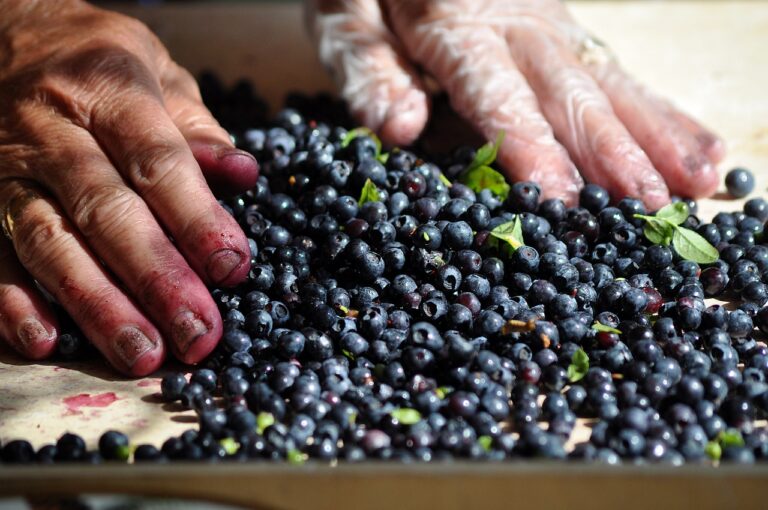The Role of Food in Disaster Response and Recovery: Providing Nutritious Meals in Times of Crisis
In times of disaster, ensuring access to proper nutrition is crucial to aid in the recovery of affected populations. The availability of essential nutrients is essential for promoting overall health and well-being, especially during times of stress and crisis. Without adequate nutrition, individuals may experience weakened immune systems, increased susceptibility to illnesses, and delayed recovery from injuries. Additionally, proper nutrition plays a key role in maintaining mental clarity and emotional resilience, which are vital for coping with the challenges brought on by disasters.
Moreover, providing nutritious food in disaster situations is not just about meeting basic needs but also about restoring a sense of normalcy and dignity for those affected. Access to culturally appropriate and familiar foods can help in maintaining a sense of identity and comfort amidst chaos and uncertainty. By prioritizing nutrition in emergency response efforts, it is possible to support the physical and emotional well-being of individuals and communities, ultimately aiding in their resilience and recovery in the aftermath of a crisis.
• Proper nutrition is crucial for promoting overall health and well-being during times of stress and crisis
• Without adequate nutrition, individuals may experience weakened immune systems and delayed recovery from injuries
• Nutrition plays a key role in maintaining mental clarity and emotional resilience in disaster situations
• Providing nutritious food restores a sense of normalcy and dignity for those affected by disasters
• Access to culturally appropriate foods helps maintain a sense of identity and comfort amidst chaos
Challenges of Providing Food Aid During Crisis
During times of crises such as natural disasters or conflicts, the task of providing food aid to affected populations presents numerous challenges. One major issue is the logistics of transportation and delivery of food supplies to remote and often hard-to-reach areas. Limited access to infrastructure and disrupted communication networks can hinder the timely distribution of food, leaving many vulnerable individuals without access to essential sustenance. Additionally, the safety and security of aid workers involved in food distribution activities can be compromised in volatile environments, further complicating the delivery process.
Inadequate funding and resources also pose significant obstacles in the provision of food aid during crises. Humanitarian organizations may struggle to secure the necessary financial support to sustain food assistance programs over an extended period, leading to gaps in coverage and leaving some populations underserved. Moreover, the unpredictable nature of emergencies can strain existing food stockpiles and procurement mechanisms, causing delays in replenishing supplies and meeting the increasing demand for assistance. Addressing these challenges requires coordination among stakeholders, innovative approaches to aid delivery, and a commitment to prioritizing the nutritional needs of those affected by disasters.
Innovative Solutions for Delivering Meals to Affected Areas
In times of crisis, delivering meals to affected areas poses a significant challenge due to various logistical constraints. Traditional methods often struggle to keep up with the urgent demand for food assistance, especially in hard-to-reach locations. However, innovative solutions are emerging that are revolutionizing the way meals are distributed during disasters.
One such solution is the utilization of drones to deliver food supplies to inaccessible or disaster-hit areas. Drones can navigate through difficult terrains and reach remote locations where traditional vehicles may face difficulties. By leveraging this technology, humanitarian organizations can ensure prompt and efficient delivery of meals to those in need, even in the most challenging circumstances.
Why is nutrition important in disaster situations?
Nutrition is crucial in disaster situations as it helps in boosting immunity, promoting healing, and providing energy for individuals to cope with the stress and challenges they are facing.
What are some challenges in providing food aid during a crisis?
Some challenges in providing food aid during a crisis include logistical constraints, lack of access to affected areas, food spoilage, and ensuring that the food provided meets the nutritional needs of the affected population.
What are some innovative solutions for delivering meals to affected areas?
Some innovative solutions for delivering meals to affected areas include using drones to drop food supplies, implementing mobile food trucks for distribution, utilizing food delivery apps to coordinate aid efforts, and establishing community kitchens to provide hot meals to those in need.







